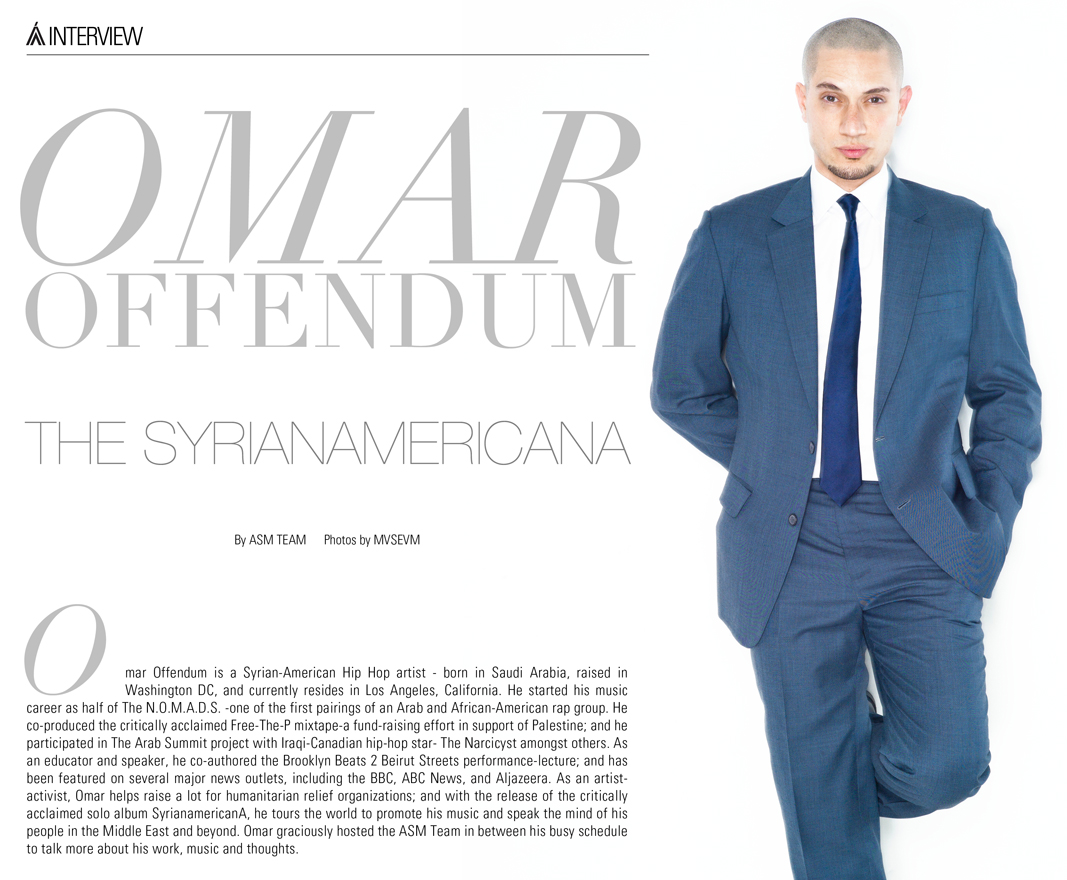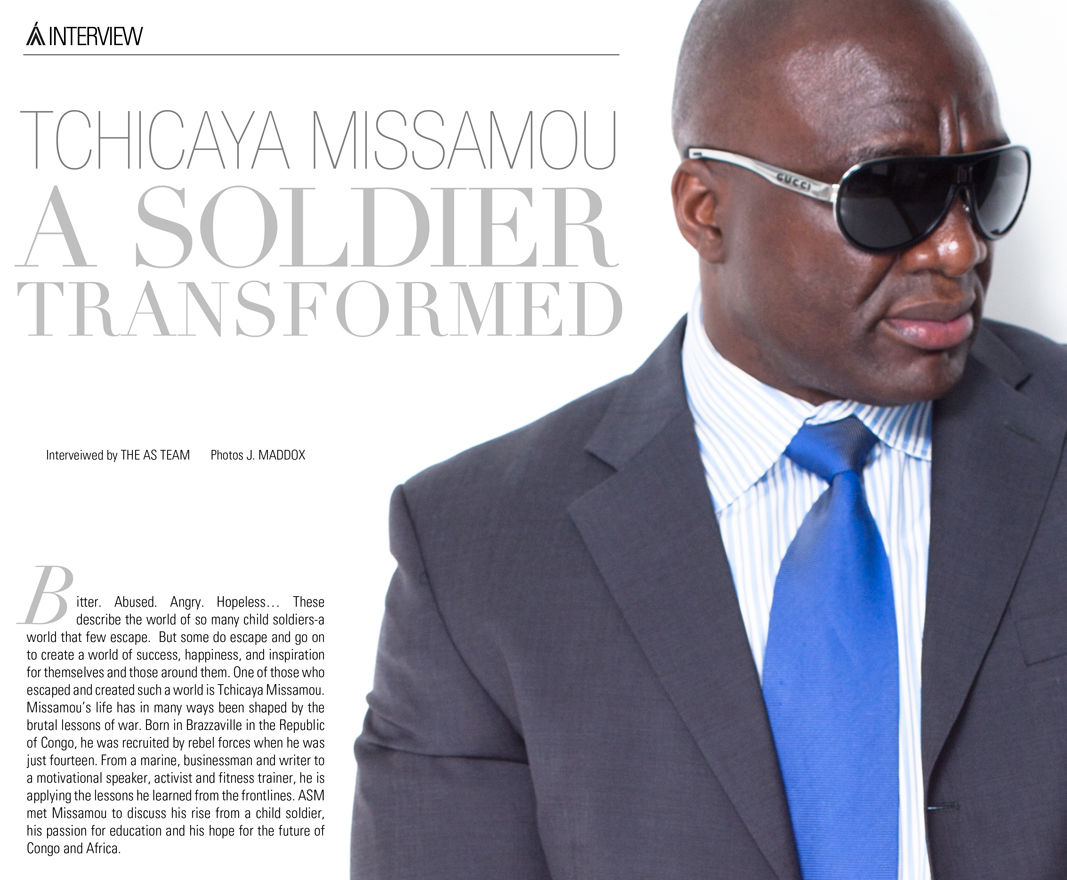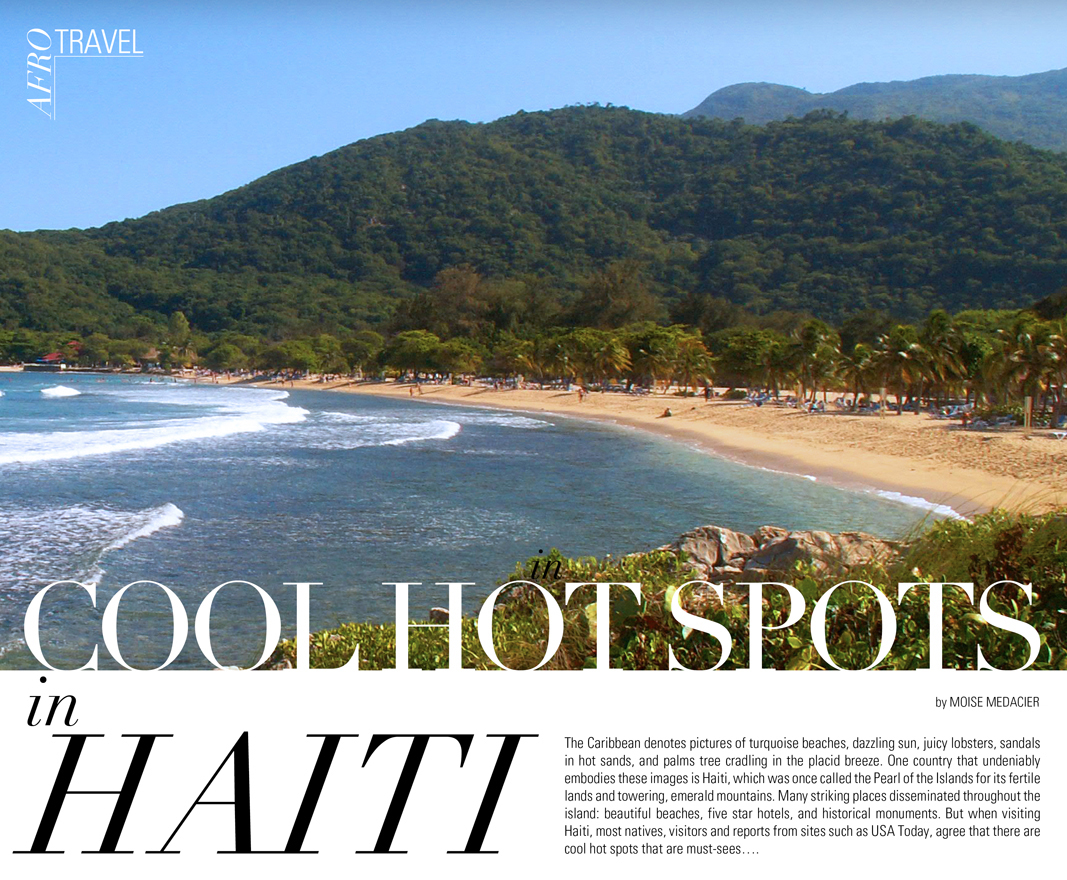
ASM: What got you into Hip-hop music?
OO: I attended an Arab-Muslim school where the kids listened to both Hip-hop and Arabic music. In addition, we also studied Arabic poetry-which is the backbone of the language. I started to make the parallels between Hip-hop and Arabic poetry so it became relatable to me- especially when MCs started dropping Arabic words through the influence of the Nation of Islam because the of Arabic terminologies used in hip-hop songs such as Mohammed, Allah, Break Fast, Ramadan and so on. However, the school I attended had a very conservative interpretation of Islam that it did not have a music department. As a result, I did not get involved in music much until I got into college where I felt I had the opportunity and options to explore. A good Sudanese friend who had established himself on campus as an artist got me involved making beats and writing rhymes; later we formed the group the N.O.M.A.D.S. Initially it was not about politics- not that it is now; but being young, it was more so about having fun with it. I realized the power of this genre of music when we put out a single on an anonymous website ten years ago-before social media became what it is today. We got tons of hits and comments from California to Palestine. It was a couple thousands but at that time, it was a whole new experience and it dawned on me that I could create and put out my music; reach thousands of people and get an immediate response-this became crucial to my career. I bypassed sending demos to record labels because I went ahead and did things myself. The Internet essentially leveled the playing field for people like me who do not have a manager or agent. I started getting invitations to perform from the Middle East to North Africa. To think fifteen years ago my career would not have been possible…it is amazing!
"…people have come up to me asking what language it is because it sounds beautiful; and they are shocked to find out that it is Arabic. I grew up with this beautiful language and if I am going to consider myself honest, it is going to come out…"
ASM: With artists like you, Narcicyst, Chuck D, Immortal Technique and others doing something very different, do you feel there is a new wave of hip-hop emerging that is maybe more content based coming from the region and in general in comparison to mainstream?
OO: Well, we definitely roll in some of the same circles doing this kind of work and music nationally. Some of those mentioned are also activists and educators so it is natural to be in those circles. However, it is not different. I think it has always existed at various degrees. There is a shift in people's interests in terms of access to pop culture and entertainment but it has always been there. The thing is, what people say in terms of what The Narcicyst, Brother Ali or myself and others do, consists of what groups like Public Enemy has been doing for years. I think hip-hop and art in general are a reflection of the times. These are highly politicized times and there is a sense of urgency people feel across the board. More importantly, they are recognizing that we are more connected than we think; and the Internet helps usher that along even more. People are starting to realize that we need to have conversations and have a broader perspective on things. Of course people do aspire for material gains and maybe on some level, that is why we listen to artists like Jay-Z, Drake or Kanye West. However, on a fundamental level, a lot of people listen to artists like us because they want to connect and relate- consequently we are a bridge and a reflection.
ASM: You have a diverse fan base that seems to look to you as their voice. Do you feel the responsibility of being an activist or are you focused on being primarily an artist?
OO: I just trust the process. I feel all that is art comes from an honest place. The more vulnerable and real you are, the more people can connect and relate. They may have a similar background or story and can identify with what I am saying. At some shows here in the States, I have performed songs with the Arabic language in them and the audience do not even speak it. It is important for me to do that because it demystifies the language-especially when all they see through the media are angry dudes yelling. After the shows, people have come up to me asking what language it is because it sounds beautiful; and they are shocked to find out that it is Arabic. I grew up with this beautiful language and if I am going to consider myself honest, it is going to come out- especially since it has influenced me so much poetically. By it coming out of the mouth of one who speaks American English properly or who looks and acts American for all intents and purposes, it changes how one interprets things. The medium becomes the message because I do not have to vocally say, "We are not all terrorists or extremists", - it just shows. It was a defense mechanism for a long time in our community because there was no time to really explain to people what it is or who we are; nor did they have enough time to study and figure it out. As a result in the album SyrianamericanA, it was important for me to translate the poetry of old famous Arab poets into English- talking about old stories of surplus love from the region. In addition, it was also important to translate the poetry of Langston Hughes into Arabic. This gives people a sense of what I am proud of and what I have learned about my culture…and I do not believe you have to be Arab to appreciate it.
ASM: What does the title SyrianamericanA refer to?
OO: It is a play on word that is quite important for an album title. Syriana is a political think tank term used here in the States to describe the dividing up of the Middle East to serve Western oil interest-although it is used in different contexts. It is also where the title of the movie Syriana with George Clooney came from. AmericanA is a term we all understand as the American diner, pop culture, doo-wop feel and more. It is the amalgamation of different things from the African and Native American cultures to other influences we think make up Americana. Juxtaposing those two words together means alot to me being a Syrian American--my identity. It was also my way of just creating something new.
"…on a basic fundamental level, people just want dignity because that is the buzzword that is heard repeatedly-they just want to live!..."
ASM: Your music is being used to highlight the struggles going on in the world. From your perspective, what comes beyond the struggle and freedom? What is the eventual dream of the region?
OO: In my opinion, I do not think my music is the soundtrack of the revolution. Humbly speaking, the soundtrack is the people on the street protesting with the songs they come up with everyday in Syria, Egypt, Libya and so on. What I am doing is echoing and reflecting it as a show of solidarity recognizing that I have the responsibility to bridge that experience for people here in America who feel so disconnected from that part of the world. But we have to realize we are very connected from our tax dollars to the military over there; and this plays a role in how America is perceived. In addition, on a basic fundamental level, people just want dignity because that is the buzzword that is heard repeatedly-they just want to live! It is so important to know that despite the struggles a country faces, there are still beautiful happy moments due to the resilience of the cultures that have outlasted the hard times we are in now. I think the energy and push of this revolution is high because majority of the population is predominantly below the age of thirty. It brings a lot of hope, idealism and new ways of thinking. Although hearing stories and more realistic views of past and older generations is very humbling since they experienced the same thing, pushing back and giving this new energy a shot at democracy, freedom, determination is worth it even if the people do not vote for the individual America and the rest of the world want as the leader- that is the beauty of what we call democracy! You have to accept it and not be two faced about it! It is a test for the regions and for America.
ASM: What is the next album about?
OO: For the next album, I am teaming up with a Palestine American producer and classically trained composer who has worked with lots of major names in the industry. This current album SyrianamericaA was a personal and solo project for me only; but the next one will have alot more collaboration with both rappers and singers.
ASM: You tour alot in the Middle East, any chance you will be touring in Africa?
OO: I would love to perform around Africa such as Egypt, Nigeria, Senegal, South Africa. I have many good friends from East Africa and there is a big East African influence in the region as well so I would definitely love to go there.
ASM: Congratulations on all your success. We thank you for speaking with us!
OO: Thank you.


